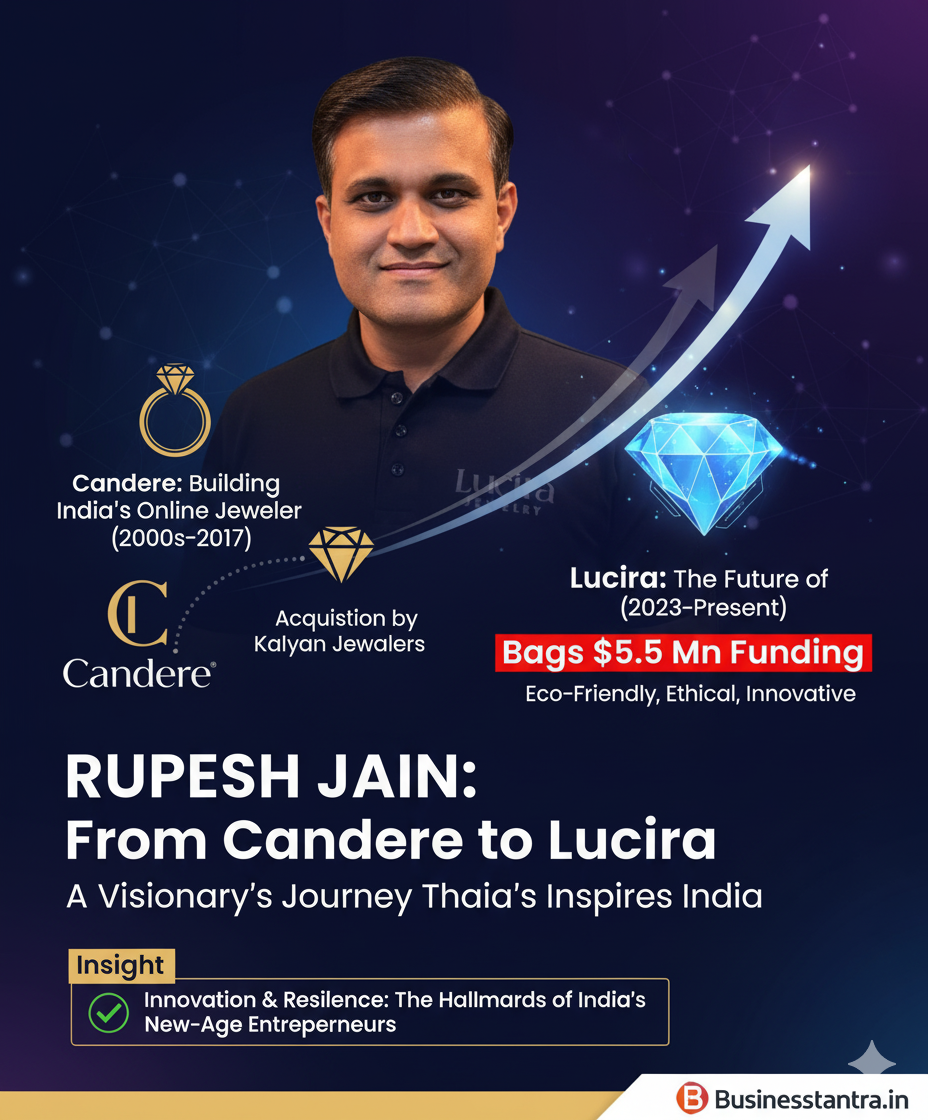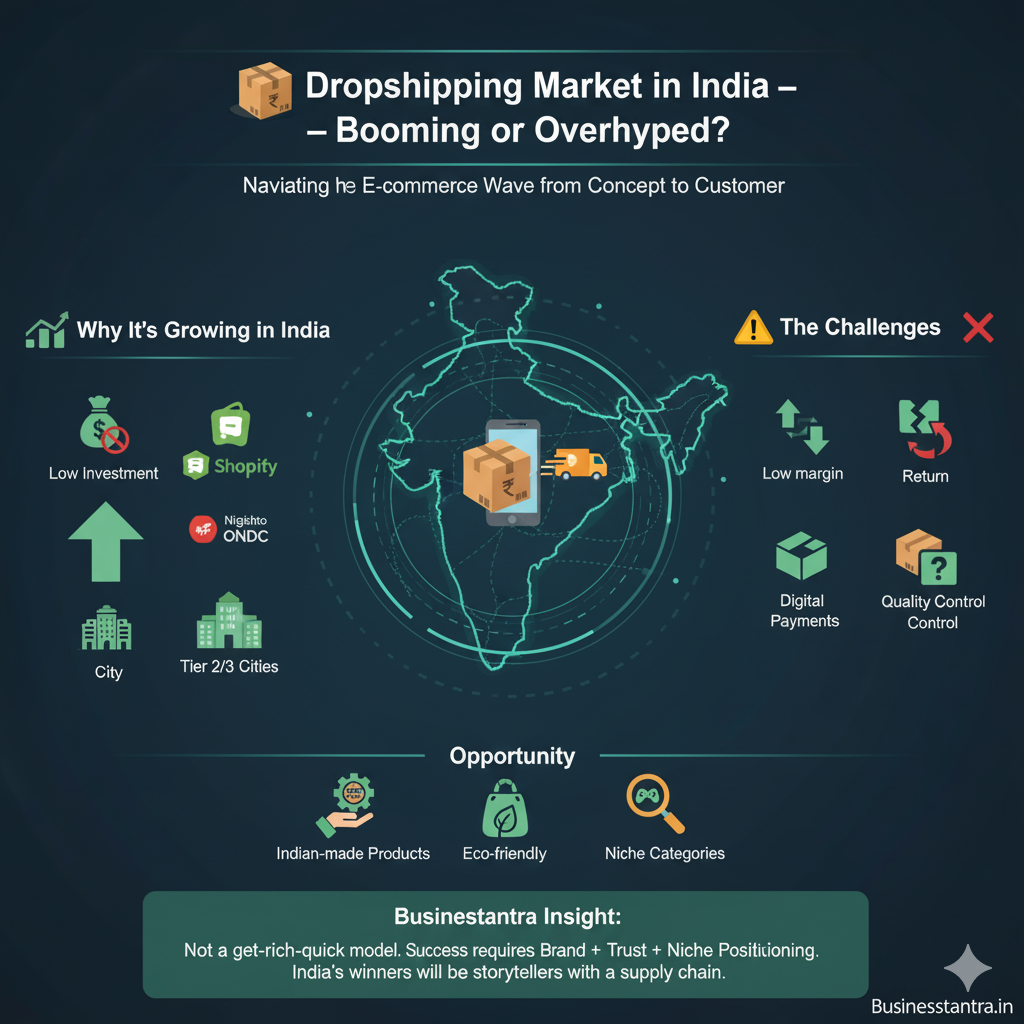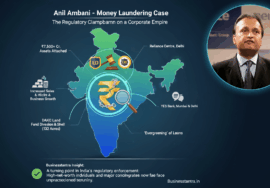Inside Cocoa Ventures’ VC fund designed to act like an angel
[ad_1]
Most VCs want to lead rounds, get board seats and catch the spotlight for the deals they do. Carmen Rico is taking a different approach.
Today she’s announcing the launch of Cocoa Ventures, a $17m VC fund designed to not lead rounds, not argue over stakes and not get in the way of other investors.
Rico, a former partner at Blossom Capital and Samaipata and an early investor in Hopin, and Anthony Danon, formerly a partner at Speedinvest where he led deals into fintechs like Primer and Wayflyer, came up with the idea for a VC firm that acted more like an angel investor during last year’s heady funding market.
“In 2021 everyone was raising larger and larger funds, and Series A was getting so much more competitive. Such large sums were being raised that everyone needed bigger stakes [in startups],” says Rico. “Our thesis is to not play that war for stakes.”
Is it genius — or madness?
How Cocoa Ventures is investing like an angel
Cocoa Ventures’s big idea is to compete with other investors — by not competing with them. The plan is to get into a round early, and then help early-stage founders “build the cap table they want”, says Rico.
During a round, the duo bring in other investors (much like a good angel investor might), help set up employee stock ownership plans and assist with term sheet negotiations. They’ve also helped companies set up bank accounts in the past, says Rico, and connected founders with other founders to do due diligence on potential investors.
Post-fundraise, Cocoa’s role “becomes less proactive, more reactive”, says Danon. The duo are big on the personal stuff: “Offering emotional support, being a founder’s first port of call for questions like, ‘How do I make my board more effective? How do I resolve this tension with my cofounder?’”
Rico adds: “We want to be the people a founder comes to to rehearse how to tell the company they’re firing someone on the leadership team.” So far, so founder friendly.
Can you really not care about stakes?
Cocoa Ventures will write angel-sized cheques of $150k-500k in pre-seed and seed-stage Europe-based startups in any sector. It will never lead deals and won’t take board seats.
And here’s the bit that sounds a tad bonkers. “We don’t give a damn about stake,” says Rico. “By not being ownership sensitive we can act like an angel,” adds Danon.
Those sound like lines that would make most investors run for the hills, but Rico explains the maths: “With our fund, having a 1% stake in a $1.7bn company at exit makes it a fund returner. With a $300m fund and a 1% stake in a company, you need a $30bn exit — so you’re always going to try to get as much stake as possible.”
Ideally, Rico adds, Cocoa hopes to get a 1.5-2.5% stake in a startup when it first invests. Assuming a 60% dilution from seed to exit (given that most startups will go on to raise three to five more rounds, giving away around 20% equity each time), that means Cocoa can expect to have 0.6-1% of a business when it cashes in.
This isn’t too nuts, says one experienced early-stage VC Sifted spoke to to sense-check the model. “As a general rule of thumb, the larger the fund, the more important ownership is,” they say. Smaller funds can get away with a more lax approach to ownership, because they are less reliant on huge exits to “return” their funds.
Cocoa also hopes this approach will help it get into more of the very best early-stage deals, which they hope will pay out in the long term.
“We see a lot of what is great in Europe,” says Rico. “And we didn’t want to be left out of a deal because our minimum stake was too high.”
So far the strategy has led Cocoa Ventures to coinvest with 20VC, Seedcamp, Frontline, Accel, Index, Northzone and Change Ventures.
Making friends with the best founders
The long game for Cocoa Ventures is to be the investor of choice for many of Europe’s best founders.
That starts with (Cocoa hopes) being a founder’s favourite investor to work with at the early stages — but over time could also, so the theory goes, win Cocoa a spot in competitive later-stage rounds.
With this first fund, Rico and Danon don’t plan to follow on — in part because of the message it sends when an investor follows on in some businesses but not others. “We want to be this player that has no horses in the race,” says Rico.
They’re not, however, ruling out raising further funds or using other “Cocoa vehicles” down the line to invest in portfolio companies at later-stage rounds. (“We have a buffer to do whatever,” Rico adds — 25% of the fund is currently set aside to write larger first cheques and do follow-on investments.)
Rico and Danon also hope that by being on the founders’ side, founders will bring them great dealflow. So far, founders and operators have brought Cocoa two of the deals they’ve invested in — and they’ve also introduced the duo to some entrepreneurs who haven’t yet fully taken the plunge. “We speak to many founders who are still in their jobs,” says Rico.
Cocoa Ventures’ LPs
Three quarters of Cocoa Ventures’ fund has been raised from founders of companies like Sennder, Flixbus, Luko, Bitpanda, Truelayer and Primer, and scaleup operators, like N26 CFO Jan Kemper.
20% of the fund comes from three anchor fund of funds — Reference Capital, Aldea and Nomad — while Cocoa deliberately avoided raising from other VCs.
“We thought, ‘Let’s not get VC funds [as LPs] because we can’t go in front of founders and tell them we have unfiltered investor insights [with those backers]’,” says Danon. “And that allows us to be very flexible as a fund.”
It was a pretty swift process: they began the fundraise in October and closed the fund, which was built on AngelList, on Christmas Eve. “The market last year was on fire, and we wanted to minimise our time out of the market,” says Rico. Raising the fund so quickly also helped cut down on the overheads that come with setting one up, she adds — and it seems like it also induced a bit of FOMO. “We wanted to raise $15m, got $35m in demand and settled on $17m in the end.”
The portfolio so far
So far, Cocoa Ventures has closed six deals and committed to back five more startups. Only two are public: design software startup Speckle and product recommendation startup Choice. Three are in climate tech, three in fintech and DeFi. Two companies have female founders and one has a founder from an ethnic minority. The plan is to invest in 20-25 companies a year over two years.
“We have no morals when it comes to sectors,” says Danon. “But we draw the line at the ‘can’t understand’ [sectors] — it’s important for us to build conviction.”
“We’re looking for founders who are obsessed,” says Rico. “If you don’t have an excruciating reason why you want to solve this problem, it’s very hard [to keep going]. And we want to see ambition that’s borderline naive.”
The question is whether Danon and Rico’s ambition is borderline naive in the right way too.
Amy Lewin is Sifted’s editor and cohost of The Sifted Podcast (listen on Spotify or Apple). She tweets from @amyrlewin
[ad_2]
Source link










